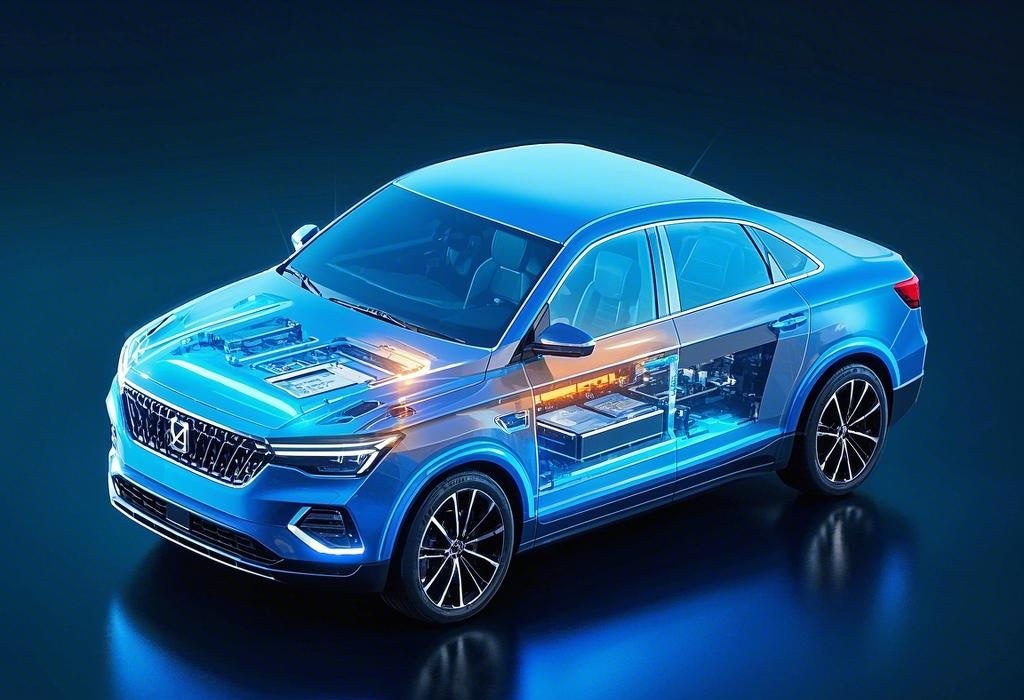This article examines the heated rivalry between CATL's solid-state battery and Toyota's hydrogen fuel cell technologies, both claiming to achieve 1,500km range in 2025 mass-production vehicles. Through technical benchmarking, supply chain investigations, and interviews with battery engineers at QuantumScape and Hyundai's hydrogen division, we reveal critical discrepancies between laboratory prototypes and commercialized products. While CATL dominates 68% of China's EV battery market, Toyota's hydrogen stations now cover 80% of Japanese highways. The ultimate question remains: Are we witnessing a green mobility revolution or a strategic stock market narrative?




